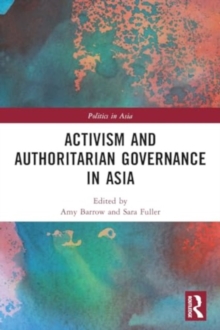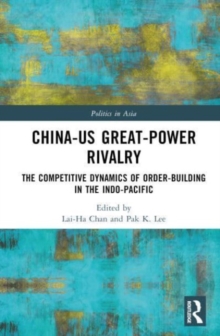
National Identity and Great-Power Status in Russia and Japan : Non-Western Challengers to the Liberal International Order Hardback
by Tadashi Anno
Part of the Politics in Asia series
Hardback
Description
Having suffered military defeat at the hands of advanced Western powers in the 1850s, Russia and Japan embarked upon a program of catch-up and modernization in the late-19th Century.
While the two states sought in the main to replicate the successes of the advanced great powers of the West, the discourse on national identity among Russian and Japanese elite in this period evinced a considerable degree of ambivalence about Western dominance.
With the onset of the crisis of power and legitimacy in the international order ushered in by the First World War, this ambivalence shifted towards more open revolt against Western dominance.
The rise of communism in Russia and militarism in Japan were significantly shaped by their search for national distinctiveness and international status. This book is a comparative historical study of how the two "non-Western" great powers emerged as challengers to the prevailing international order in the interwar period, each seeking to establish an alternative order.
Specifically, Anno examines the parallels and contrasts in the ways in which the Russian and Japanese elites sought to define the two countries’ national identities, and how those definitions influenced the two countries’ attitudes toward the prevailing order.
At the intersection of international relations theory, comparative politics, and of historical sociology, this book offers an integrated perspective on the rise of challengers to the liberal international order in the early-twentieth century.
Information
-
Available to Order - This title is available to order, with delivery expected within 2 weeks
- Format:Hardback
- Pages:200 pages, 4 Tables, black and white
- Publisher:Taylor & Francis Ltd
- Publication Date:20/08/2018
- Category:
- ISBN:9781138290488
Other Formats
- EPUB from £35.99
- PDF from £35.99
- Paperback / softback from £36.35
Information
-
Available to Order - This title is available to order, with delivery expected within 2 weeks
- Format:Hardback
- Pages:200 pages, 4 Tables, black and white
- Publisher:Taylor & Francis Ltd
- Publication Date:20/08/2018
- Category:
- ISBN:9781138290488










